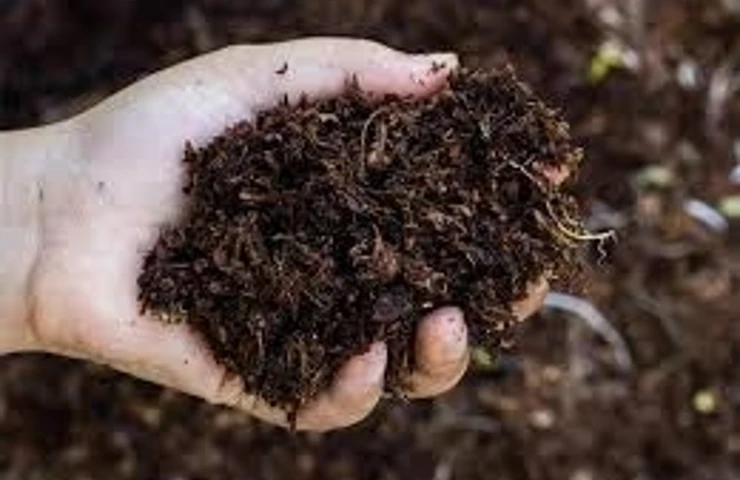Months after Sri Lanka and China sparred over poor quality fertiliser from China's Qingdao Seawin Biotech Company (QSBC), Sri Lanka faces not just international arbitration but also a steep hike in fertiliser prices by Qingdao.
Agriculture Minister Mahindananda Aluthgamage told Sri Lankan newspaper Daily Mirror that the government plans to import Chinese fertiliser from the same company if new fertiliser samples are found to be fit. The country is still awaiting new samples for evaluation from Qingdao.
Daily Mirror quotes Aluthgamage as saying: "If the samples of newly dispatched fertiliser found to be contaminated, we have no hesitation whatsoever to reject it too". Defending the government's decision to import from Qingdao, the minister said the QSBC is an internationally well-known company which supplies organic fertiliser to the US, Canada and the European Union.
Despite pacifying the Chinese company, Sri Lanka finds itself into a deeper quagmire as Qingdao now wants double the price of the fertiliser than what was initially agreed upon.
Aluthgamage said: “The problem right now before Sri Lanka is that the QSBC now demands US $750 per a metric ton of fertilizer, despite the fact that we have agreed to pay only US$ 345 under the initial agreement. The deal is at the moment in negotiation process".
Qingdao has filed an official complaint with the Food and Agriculture Organisation (FAO) in the hope of resolving an issue that has been going on since at least September.
Giving a background to the controversy, which damaged diplomatic relations considerably between the two allies, the Sri Lankan minister said: "We called global tenders last year for the supply of 90,000 metric tons of organic fertiliser and received bids from 22 international companies. We short-listed four companies out of them and only one company agreed to our conditions. It was the QSBC. We signed an agreement with this company to purchase organic fertiliser from them, as they promised that they would supply organic fertiliser after sterilisation. They also deposited US5 million with us as a fee of guarantee".
However, once Sri Lankan authorities conducted tests on the fertiliser, it was found to contain harmful bacteria after which it was rejected. The company had already sent a ship loaded with the contaminated fertiliser to Sri Lankan waters. As Colombo did not allow the ship to anchor at any of its ports, it waited just outside the Colombo port in the hope of dumping the rejected fertiliser on Sri Lanka.
The Chinese embassy jumped into the fray and blacklisted the People's Bank of Sri Lanka, causing further damage between the two countries.
Though Sri Lanka has stood firm on not accepting the contaminated fertiliser, it is trying to wriggle out of the messy situation by trying to pay off 67 per cent of the value of the consignment and buy new stock of fertiliser provided it clears the tests.
Even as Colombo and Qingdao fight the case in courts, the Chinese company has presented Sri Lanka with a new headache—should it pay double the amount at US $750 per metric ton as opposed to the original US $345 that was agreed upon.




















